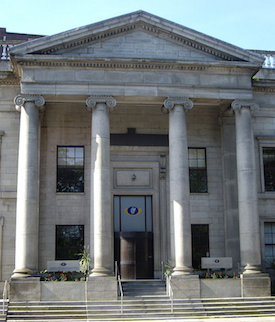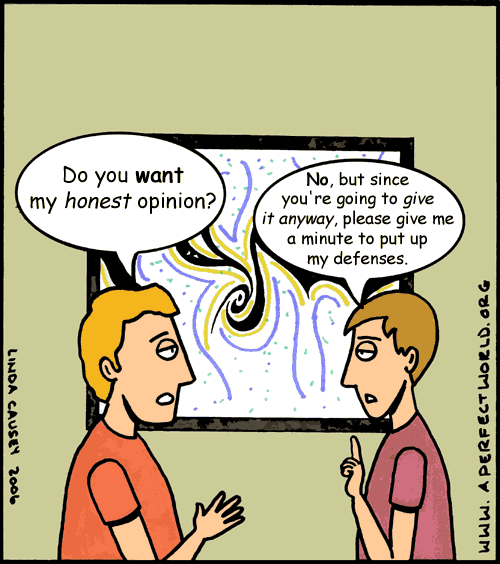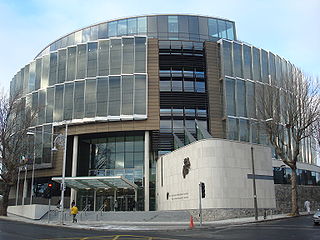Reform of the law of defamation – damages
 The Tánaiste and Minister for Justice and Equality is conducting a review of the operation of the Defamation Act 2009 (also here). No doubt the focus of media submissions will be the level of damages, and exhibit A in those submissions will unquestionably be the decision of the Supreme Court in Leech v Independent Newspapers [2014] IESC 79 (19 December 2014). A report published today by the International Press Institute provides an excellent statement of the argument. In this post, I want to summarize and respond to some of the issues in the Report, and make three practical suggestions for reform of the law of defamation relating to damages.…
The Tánaiste and Minister for Justice and Equality is conducting a review of the operation of the Defamation Act 2009 (also here). No doubt the focus of media submissions will be the level of damages, and exhibit A in those submissions will unquestionably be the decision of the Supreme Court in Leech v Independent Newspapers [2014] IESC 79 (19 December 2014). A report published today by the International Press Institute provides an excellent statement of the argument. In this post, I want to summarize and respond to some of the issues in the Report, and make three practical suggestions for reform of the law of defamation relating to damages.…




